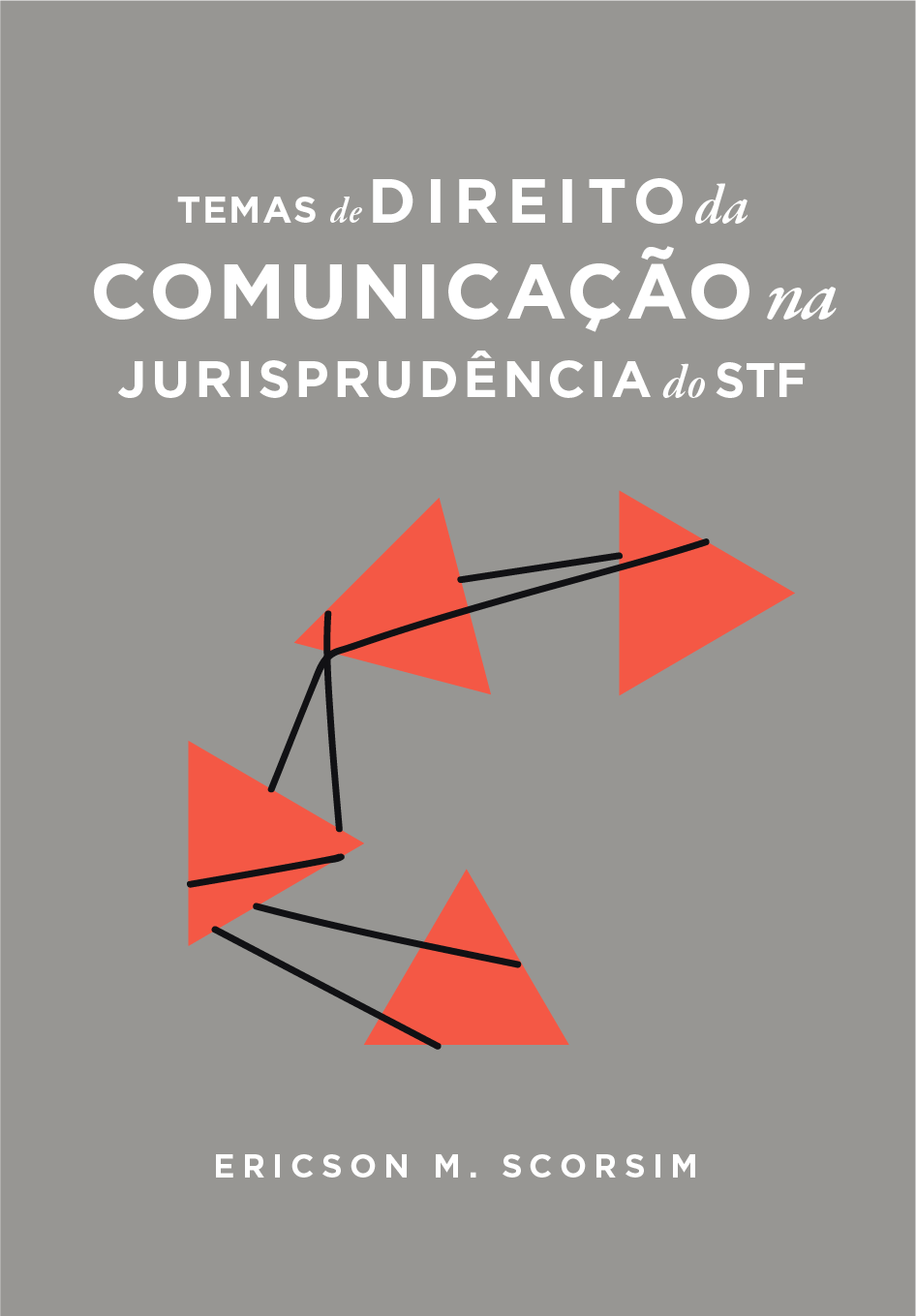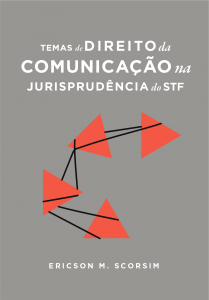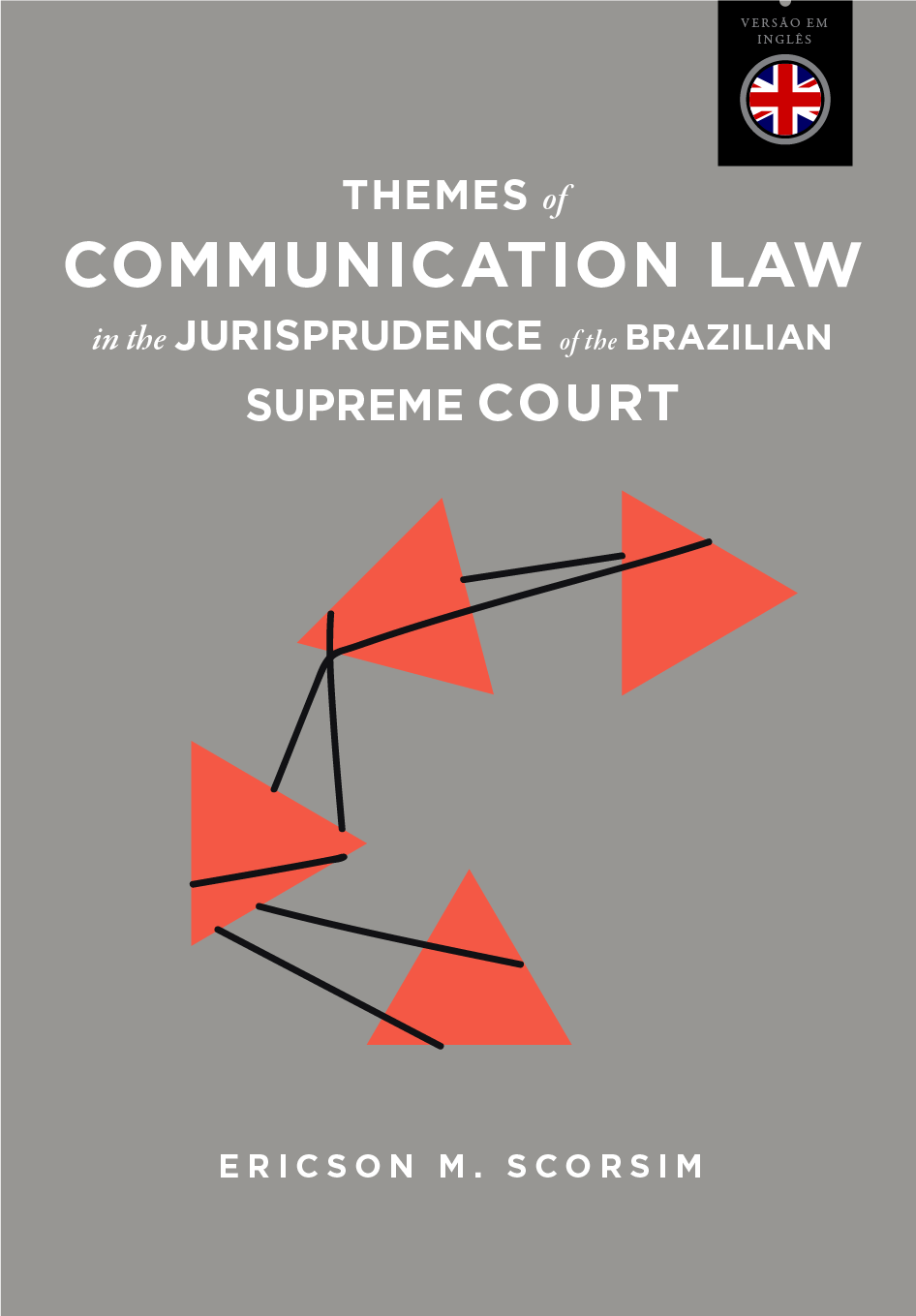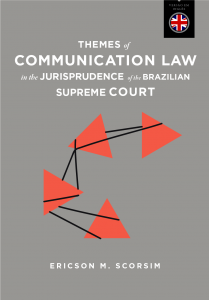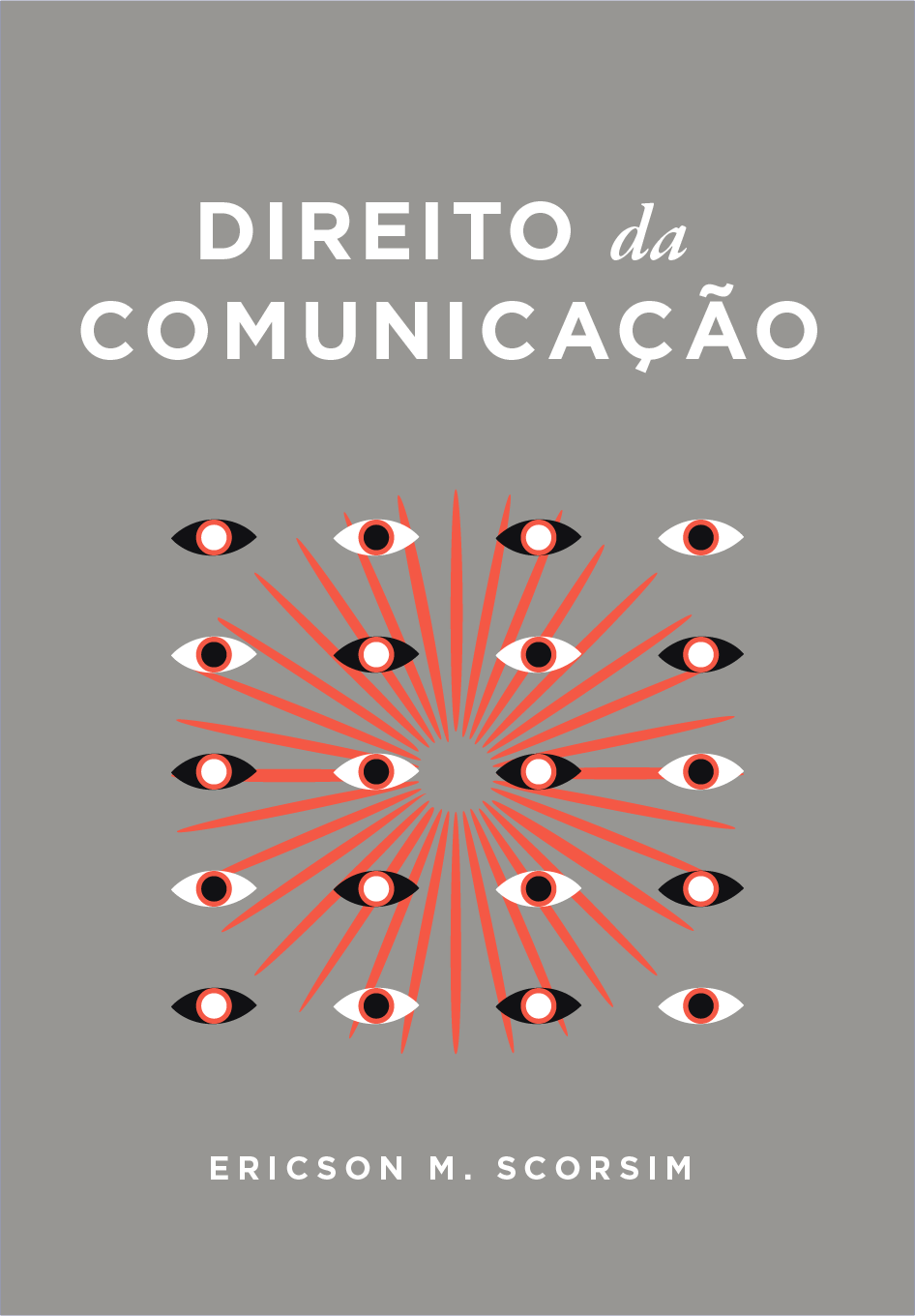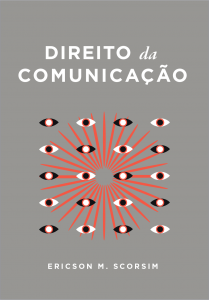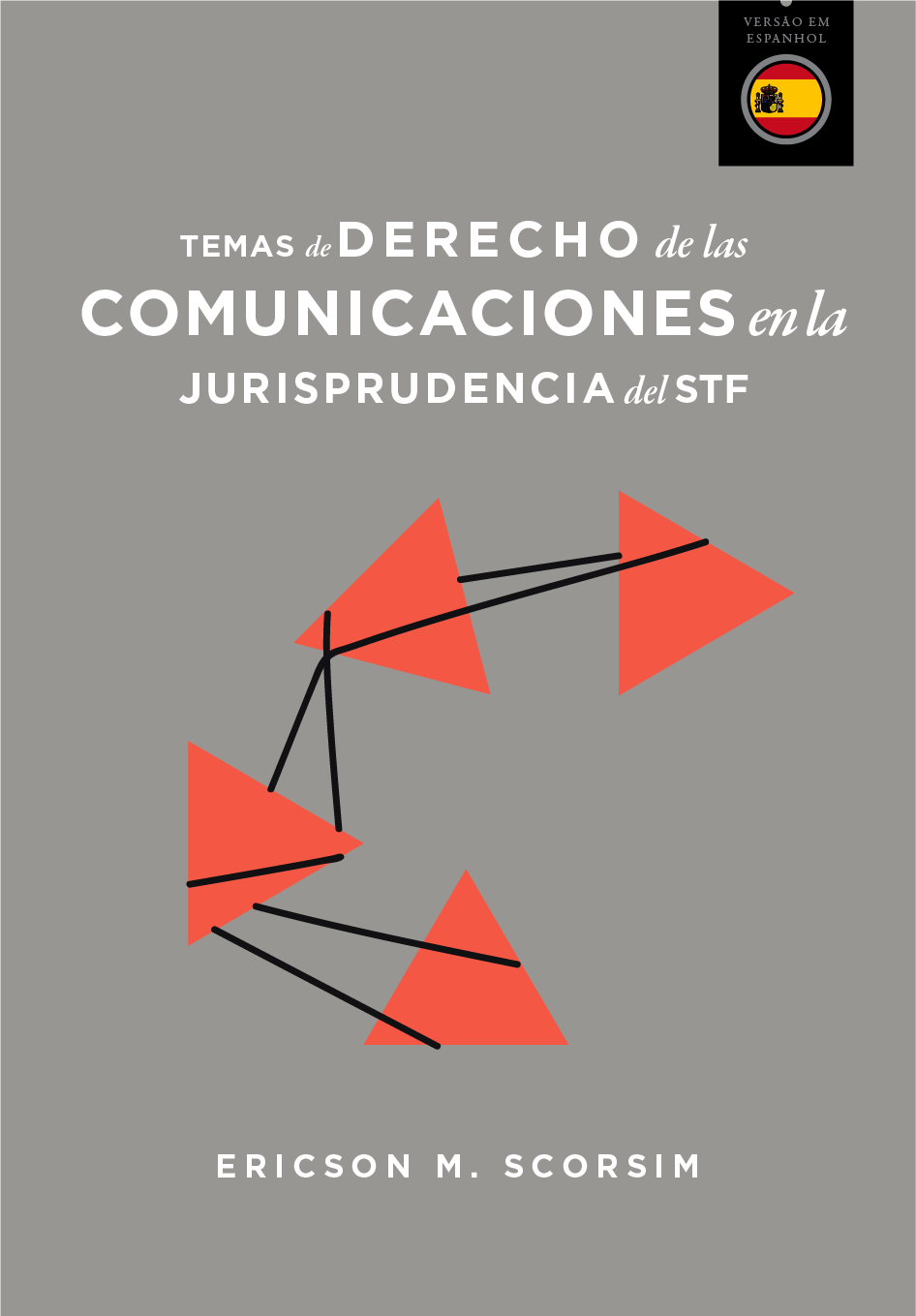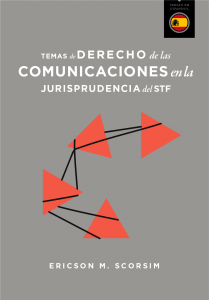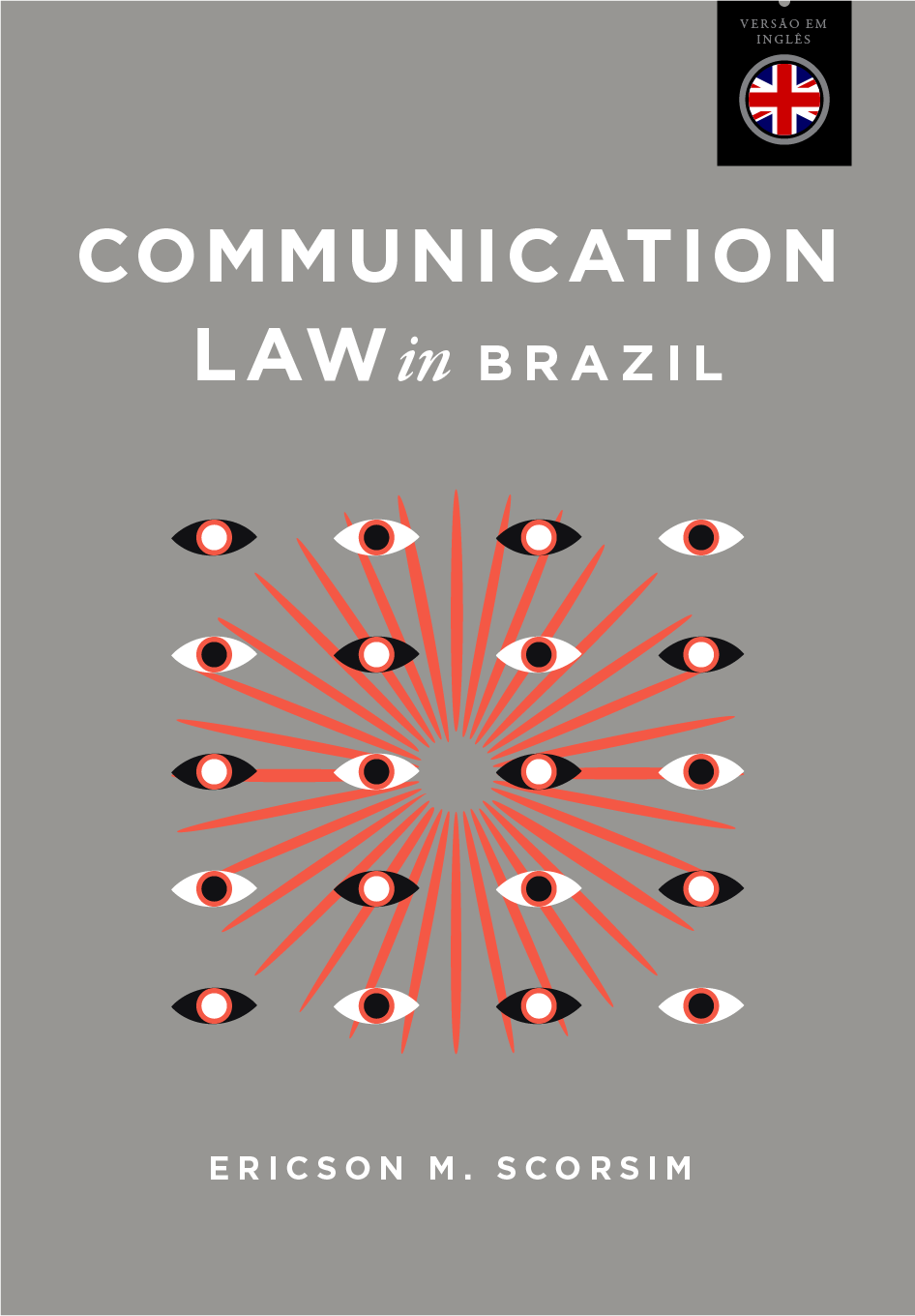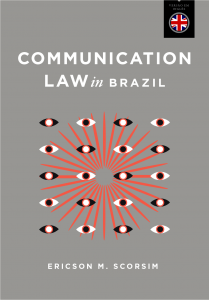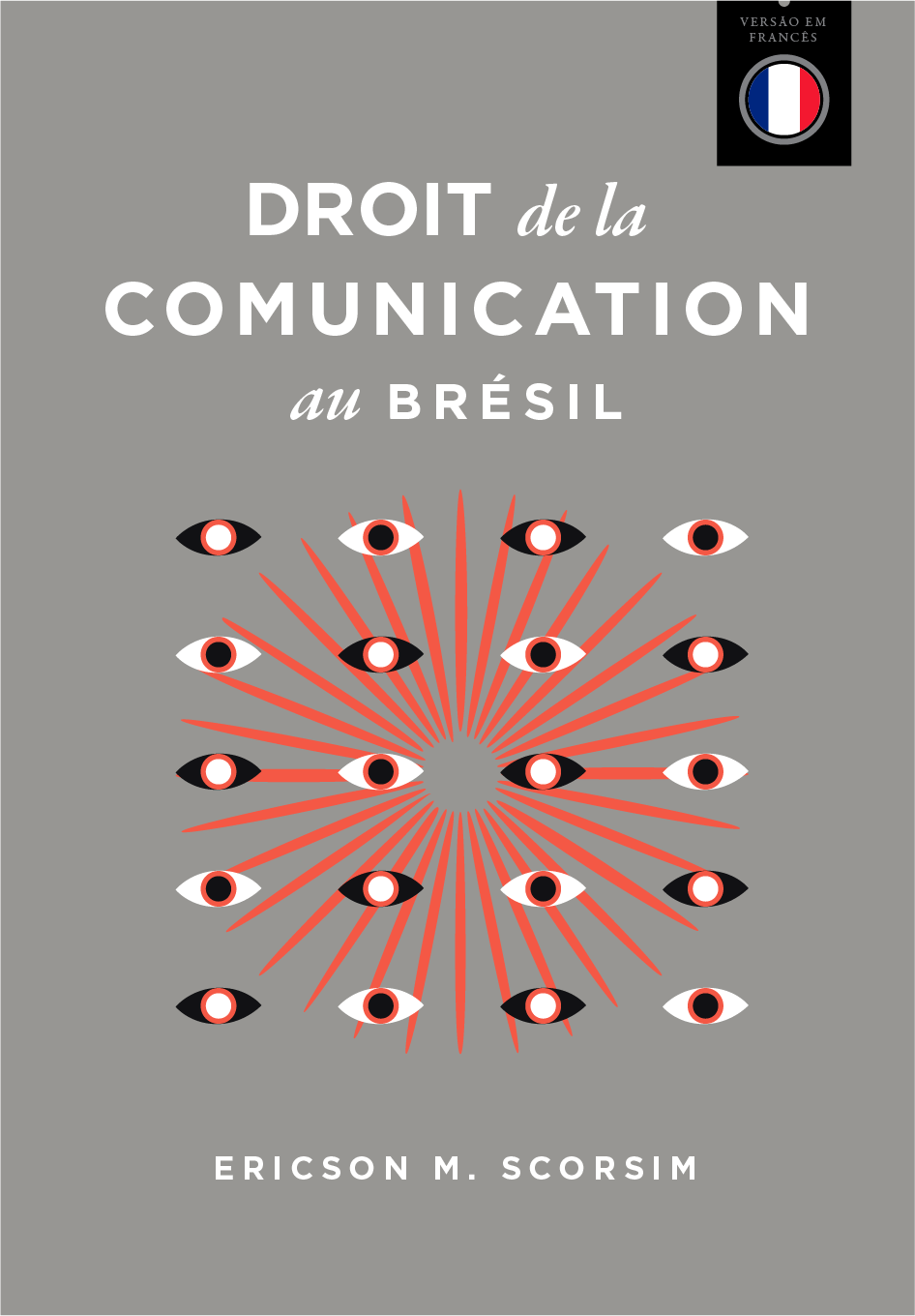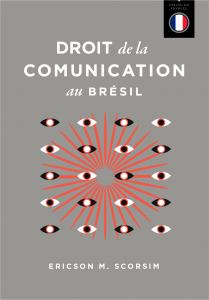Ericson Scorsim. Lawyer and Consultant in Communication Law. Ph.D. in Law from the University of São Paulo (USP). Author of the Communications Law Collection.
The Department of Defense has released guidelines for military applications of 5G technology.[1] Thus, the frequency range 3450-3550 MHz will be used for fixed and mobile radar operations on ships and aircraft platforms.
These defense systems include air defense, missiles and arms control in battlefields, air traffic control, and security. A further 100 (one hundred) MHZ was added, so the U.S. government has a 530 megahertz range in the average frequency range 3450-3980 Mhz to expand its capacity in 5G networks.
The Department of Defense has announced investments in 5G networks on military bases. Military bases were selected for access to the frequency spectrum, fiber optics, and wireless network infrastructure. One of the bases called Lewis-McChord, in Washington, received investments in augmented reality applications and 5G virtual reality military training. The following countries participated in this project for the U.S. government: GBL System Corp. (GBL), AT&T, Oceus Networks, Booz-Allen Hamilton.
The purpose of these 5G applications is to serve military training. At the naval base in San Diego, California, tests are being held on 5G applications in naval logistics operations related to the transportation of material and equipment between ship and naval base. The following companies are cooperating in this project: AT&T (4G and 5G network assembly), GE Research (tracking and analysis models), Vectrus Mission Solutions Corporation (Vectrus, inventory management, network security, robotics for cargo movement, and environmental sensors), Deloitte Consulting LLP (Deloitte, robot applications, unmanned air vehicle and drone systems, biometrics, cameras, virtual and augmented reality, inventory control). At another naval base, the Marine Corps Logistics Base in Albany, Georgia, there are 5G vehicle fleet control projects.
The companies participating in this program are: Federated Wireless (offers standards and open solutions for indoor and outdoor testing of 5G equipment), GE research (providing solutions for real-time tracking, modeling, and forecasting analysis), KPMG LLP (automated applications and process scanning for product movement), Scientific Research Corporation (SRC – offers 5G solutions for automated asset management and logistics control, and asset tracking, environmental management, and entry control). At Nellis Air Base in Nevada, there are 5G air command and control, space and cyberspace projects. The goal is to update the command and control architecture in combat situations. As a government partner, AT&T will provide the 5G environment and connectivity support to the airbase operations. There are dynamic spectrum utilization projects at Hill Air Base in Utah, which will enable the Air Force to dynamically share the spectrum of 5G mobile services in the 3.1 to 3.45 GHz frequency range.
The companies partnering with the Department of Defense in this project are: Nokia (testing with open standards, including with antenna systems), General Dynamics Mission Systems (GDMS – coexistence of applications that include tracking radar signals to support access to radio frequency networks), Booz Allen Hamilton (BAH – uses artificial intelligence to enable the coexistence of systems with rapid response to interference), Key Bridge Wireless (adaptations to the commercial frequency spectrum in the range 3.1 to 3.45 GHz with control of interference risk), Shared Spectrum Company (SSC – preservation of 5G communications through radar detection and dynamic frequency spectrum access capability), Ericsson (adaptation of 5G infrastructure to provide machine learning services for 5G capability and frequency spectrum aggregation.
In the words of the U.S. Department of Defense, 5G communications technology is critical to U.S. defense modernization programs and essential to U.S. national security and economic security. Thus, the Department of Defense is focused on experimenting and prototyping the use of dual-use 5G technology to provide high speed and fast response by connecting wireless devices of the military forces.
In short, the hiring by the Department of Defense of private companies serves several purposes: ensuring connectivity in 5G technology to military bases and, thus, the installation of private communications networks on military bases, integration between radar systems and 5G technology, communications command and control systems, control of the risk of frequency interference, dynamic radar frequency sharing and mobile 5G technology, use of artificial intelligence in frequency management, application of machine learning in the coexistence of dual-use 5G technology, control of military assets by technology, logistical control in the transportation of military equipment and weapons, military training with augmented and virtual reality in 5G, among other applications.
As can be seen, the United States’ defense sector maintains programs to modernize its armed forces, relying on private sector participation. 5G technology is pure innovation, which is the reason for private participation in updating the defense sector.
[1] US, Department of Defense: Honorable Dana Deasy, Department of Defense Chief Information Officer: issued the following statement.

